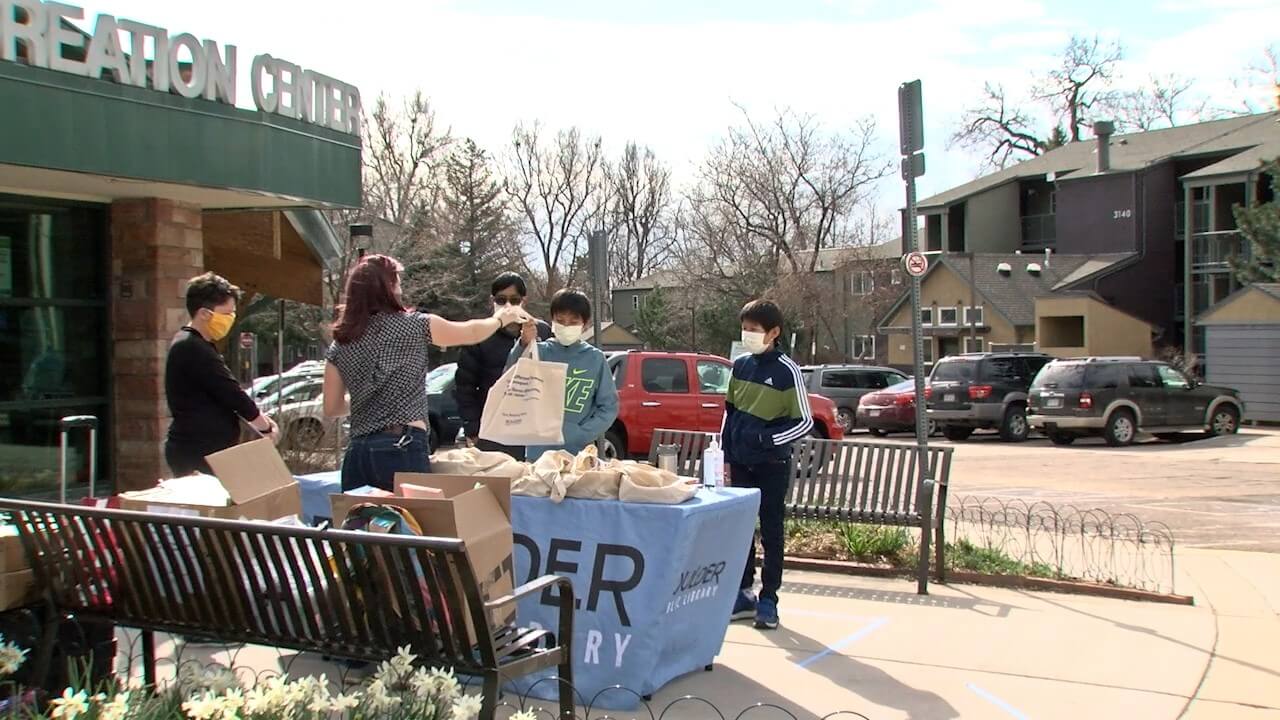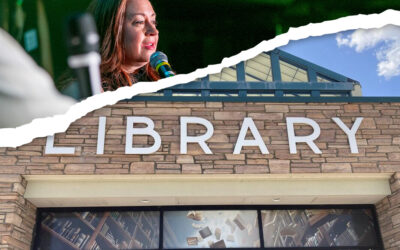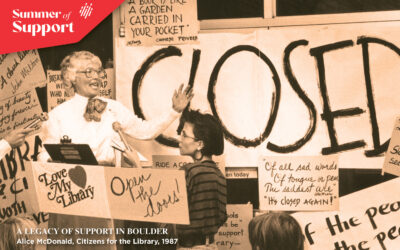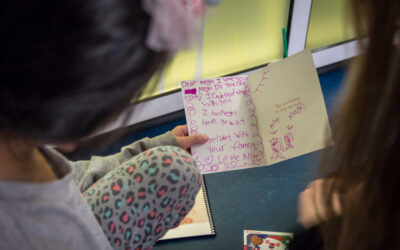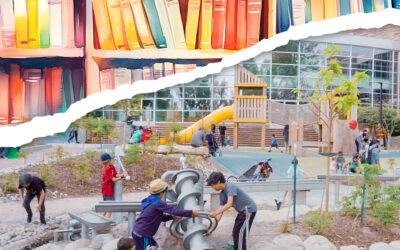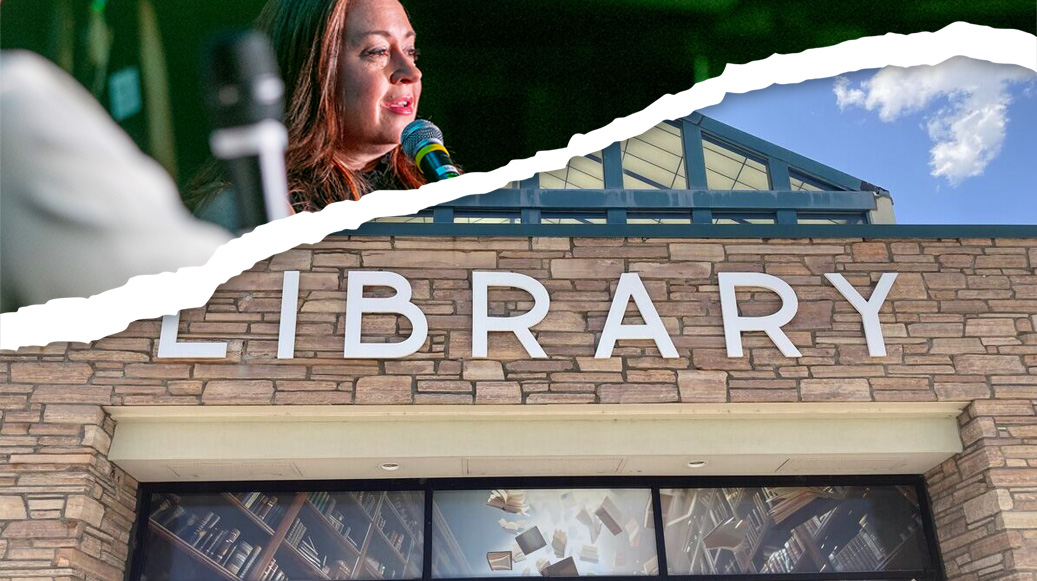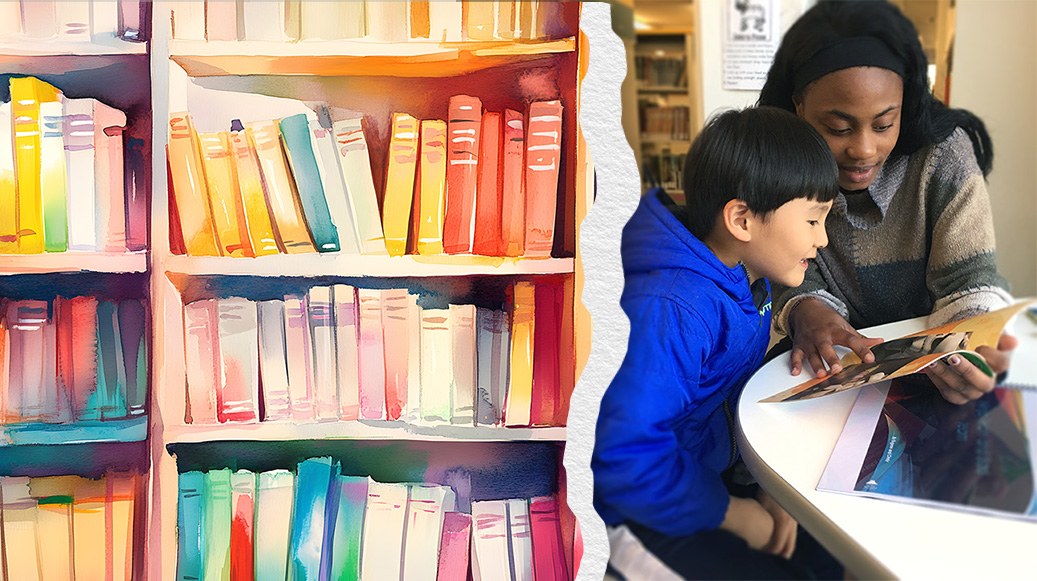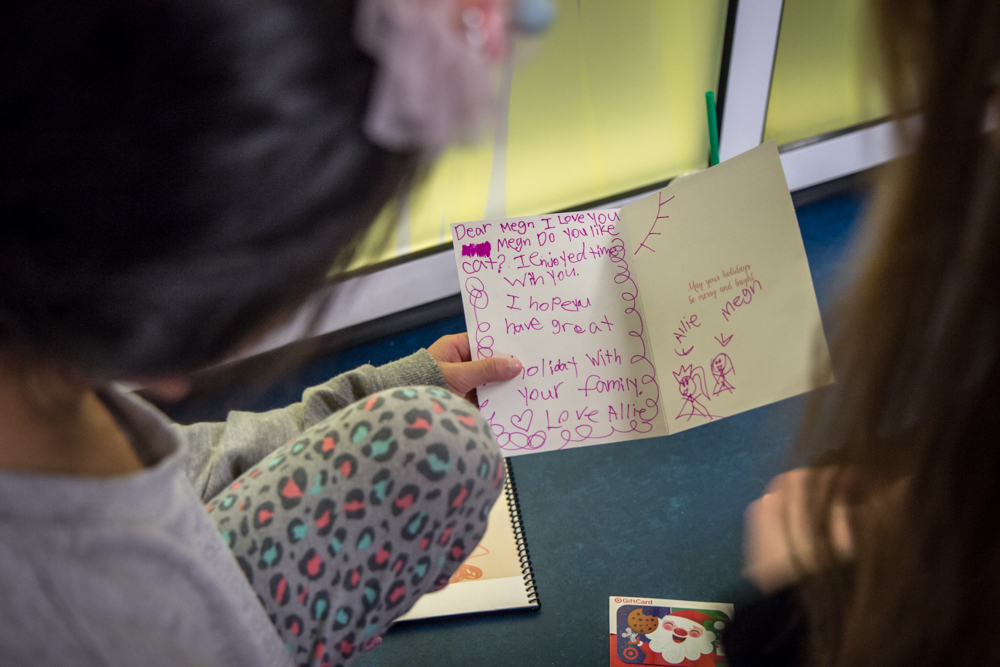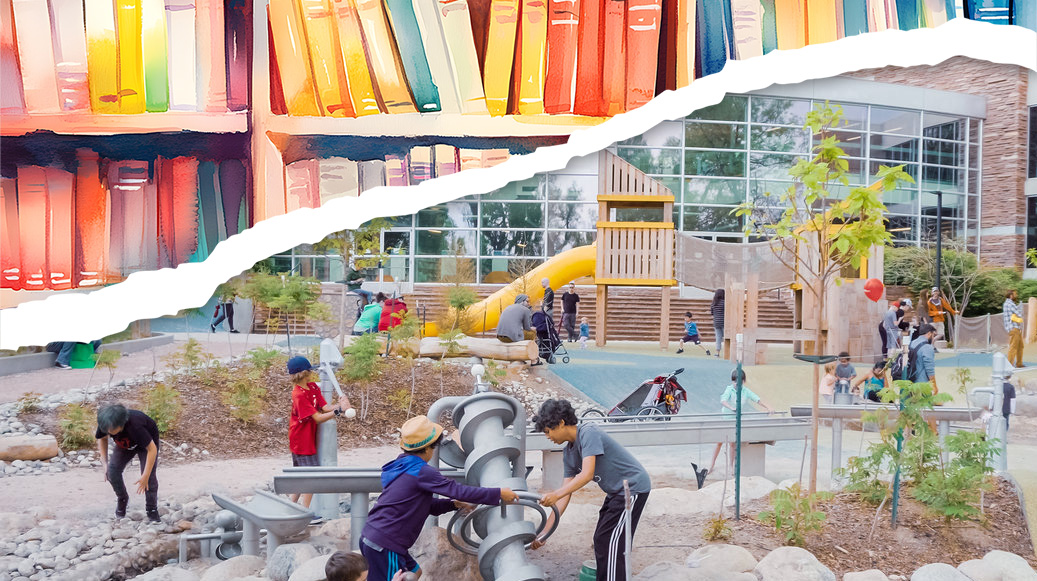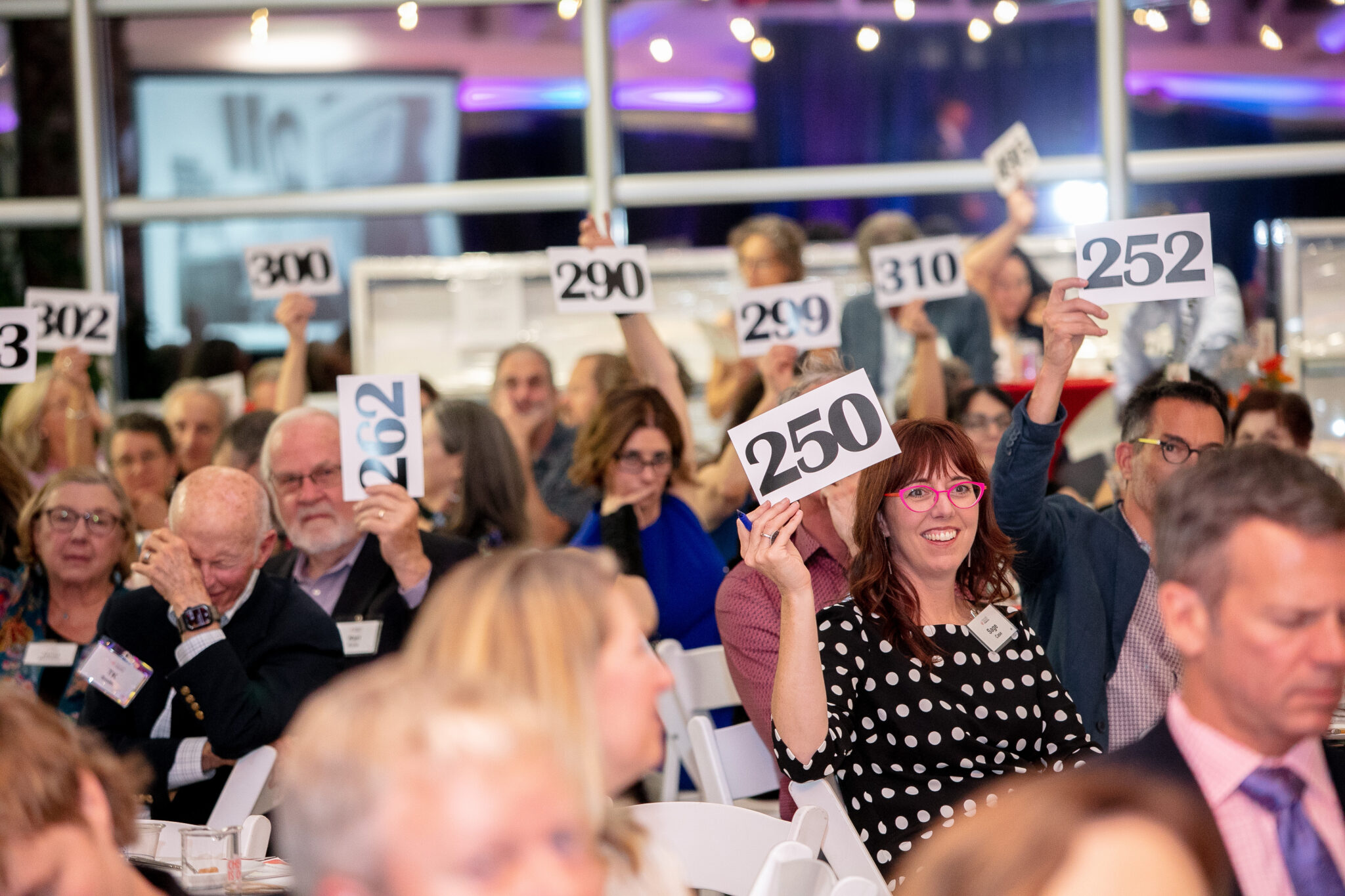As COVID-19 quickly shut down our Boulder community, internet access very quickly became a lifeline for Boulder residents. The Boulder Library Foundation, together with the Boulder Public Library, and Boulder Valley School District have worked together to launch the Boulder Public Library Wifi Hotspot Program. Through an initial contribution of $50,000, we have been able to provide much-needed internet access to 225 households in our community for the next 3 months. By having access to fast, reliable internet service, school-aged students are able to access their academic programs online, and all users have been able to access vital resources such as our online library and programs, as well as mental health support.
This innovative program was also recently included in a story at Public Libraries Online about how libraries around the country are supporting the need for digital access at home.
We are proud of the work that we have been able to accomplish, however, the need far exceeds that which we are able to give. If you’re interested in helping fund this ongoing program, you can donate here.
Digital Access during Covid-19
Originally Published by Public Libraries Online, By Suzanne LaPierre, May 12, 2020
Paradoxically, just as the pandemic closed library buildings that were the source of internet service for many Americans, more of the economy moved online, creating unprecedented need. Among those relying on libraries for digital access are people experiencing homelessness and poverty, older adults, rural residents, and students. They use library broadband and Wi-Fi to apply for jobs, complete school work, communicate via email, find information, and conduct business.
About 25% of Americans lack high-speed internet access at home, according to a 2019 study by Pew Research Center. The digital gap between rural and non-rural Americans persists, with about 33% of rural Americans lacking home broadband access. In spite of initiatives such as Connect America Fund, Mobility Fund, and the Lifeline program for low-income Americans, this amounts to tens of millions of Americans lacking access to an increasingly vital resource.
While libraries can’t be the only answer to this problem, they are a key part of the solution, and librarians are taking on the challenge. Some steps libraries have taken to improve digital access while buildings are closed include:
- Strengthening wireless signals and extending activation hours so people can access wireless from outside library buildings
- Setting up additional drive-in Wi-Fi hotspot locations
- Purchasing additional mobile hotspots and devises for check-out to customers
- Reserving some hotspots for distribution to homeless encampments
- Using library vehicles to transport hotspots to low-income neighborhoods at advertised times
- Partnering with schools to get mobile hotspots to students in need
- Utilizing new technology such as TV White Space and AirFiber to extend broadband in rural areas
- Partnering with digital equity organizations, community leaders and service providers to reduce barriers
“What we are seeing is not so much a lack of access to the internet, but poor bandwidth,” explains Aimee Schumm, eServices Manager for Boulder Public Library in Colorado. “One family we gave a hotspot to had multiple kids and they had to stagger their online learning time, or use a neighbors Wi-Fi to complete assignments.” The Library received a grant from their Foundation to purchase 275 additional hotspots at the beginning of the pandemic. They partnered with the local school district to distribute 125 to students lacking reliable internet, and distributed the remaining 150 to seniors and others residing in low income neighborhoods.
Other librarians report that bandwidth is critical now that more people are home from school and work. “I talked with one mom, who has a couple of small children… when her husband works from home he uses up all their data,” reports Donna Pierce, Library Director of Krum Public Library in Texas. With school moving online while parents telework, this creates major obstacles.
Williamsburg Regional Library in Virginia is using its bookmobiles to transport hotspots to underserved areas. The library purchased additional Wi-Fi hotspots, each allowing for 15 simultaneous connections, and is using their vehicles to drive them “to parking lots and neighborhoods where users can drive up, park, and take advantage of free internet access from the comfort and safety of their own cars,” according the Library’s press release. “Since the press release came out, we’ve added wireless (free) printing to our mobile hotspot vehicles,” adds Sandy Towers, Assistant Library Director.
Many library organizations are members of National Digital Inclusion Alliance (NDIA). The NDIA website includes a list of Free & Low-Cost Internet Plans updated daily. According to the website: “Some Internet Service Providers have responded with new or improved discount broadband plans that will only be available for a short time; others continue to offer plans that were created prior to the crisis.”
Twin Lakes Library System, which serves a rural area in Georgia, has been broadcasting their library signal via television White Space as a means of expanding internet access. This service is available 24-7 at multiple locations while buildings are closed. They are also investigating AirFiber technology, according to Director Stephen Houser. AirFiber is faster than White Space but requires a line of sight. The combination of technologies would expand options for the rural community.
Washington State Library is engaged in a public-private partnership designed make free broadband accessible to all residents in the state. The Drive-in Wi-Fi program moved quickly during the pandemic to add 140 new drive-in hotspots to the 301 existing Library hotspots, with a goal of 600 public hotspots available throughout the state soon.
Finally, the Public Library Association (PLA) and Microsoft Corp. launched an initiative to increase access to technology during the Covid-19 crisis. Microsoft will provide funding to help public libraries in rural communities extend Wi-Fi access by installing WiFi access points on or near library grounds. Visit www.ala.org/pla/initiatives/publicwifi to see eligibility requirements, deadlines, and more information.
The temporary closure of libraries and schools has brought attention to the tens of millions of Americans lacking access to high-speed internet service essential for 21st century communications. Library professionals are committed to expanding digital access during pandemic closures and after buildings reopen. Going forward, societal and economic fallout from the pandemic will necessitate the prioritization of digital equity- equity that begins with access.
